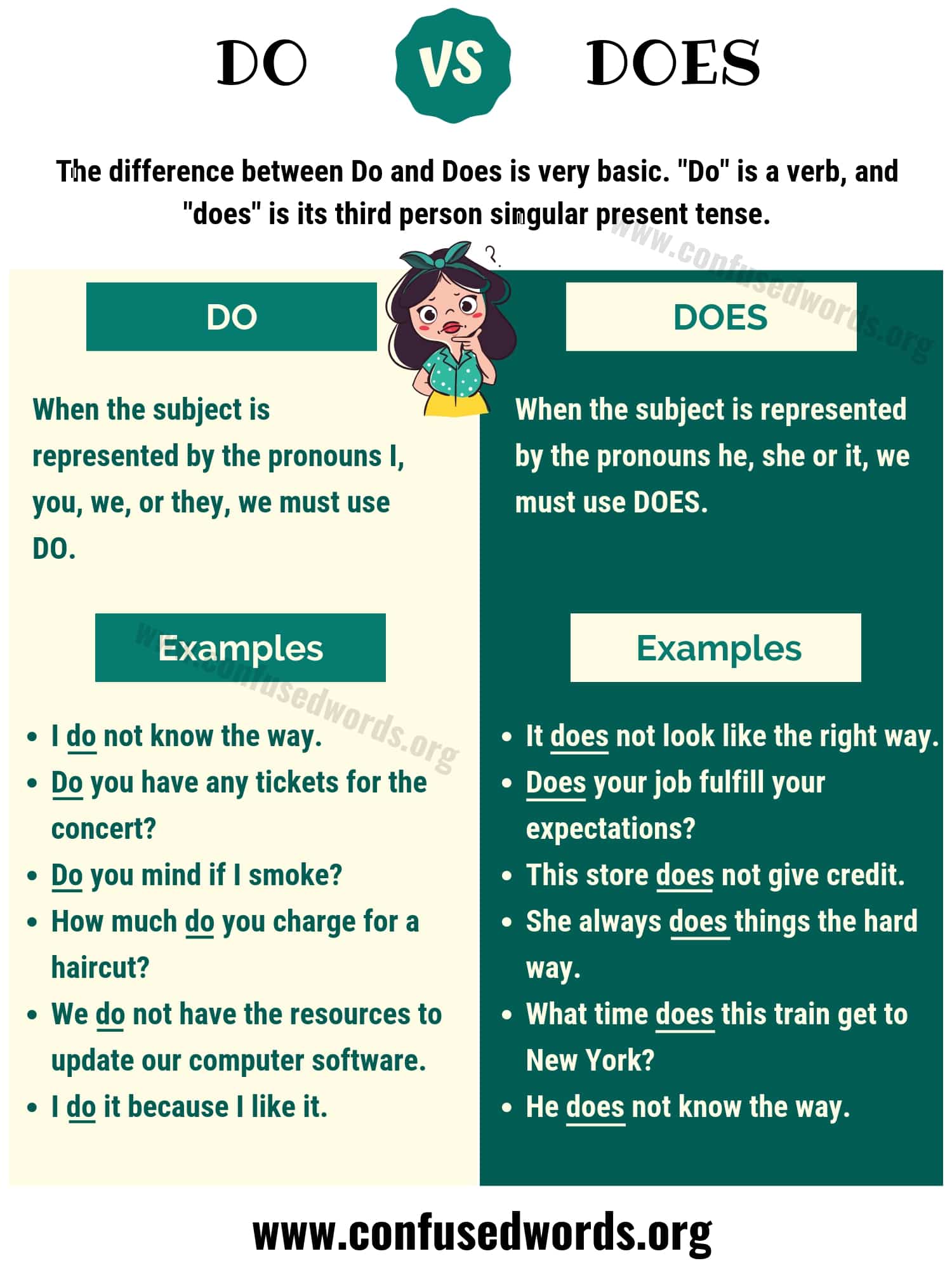Unlocking Career Opportunities with a Bachelor of Science: Pathways, Industries, and Next Steps
Introduction: The Versatility of a Bachelor of Science
A Bachelor of Science (BSc or BS) is a gateway to a wide range of professional opportunities. Whether your focus is biology, physics, chemistry, computer science, engineering, or environmental studies, this degree equips you with analytical, technical, and problem-solving skills valued by employers worldwide. Understanding what you can do with a Bachelor of Science helps you maximize your career prospects and make informed choices about further education, specializations, and job searches. This guide will walk you through key industries, examples of roles, advancement strategies, and practical steps for launching your career.
Career Pathways with a Bachelor of Science
The career pathways open to Bachelor of Science graduates are remarkably diverse. Here are some of the most prominent sectors and examples of roles you can pursue:
1. Healthcare & Life Sciences
Many BSc graduates build careers in healthcare, whether directly working with patients or conducting research. Common roles include:

Source: alamy.com
- Biologist: Study living organisms, often specializing in fields such as evolutionary biology, biochemistry, or genetics. Biologists work in research, academia, government, or private industry. Median salaries in the U.S. are about $70,000 per year [1] .
- Physician or Dentist: While a BSc is a prerequisite, these roles require additional graduate education. Median physician salaries can exceed $200,000 per year [1] .
- Pharmacist, Nurse Practitioner, Physician Assistant: These positions typically require a BSc plus advanced degrees or certifications. Each offers significant autonomy and earning potential.
- Genetic Counselor, Food Scientist, Marine Biologist: Specialized roles for BSc holders, sometimes requiring further study or licensure.
To enter these fields, you often need to pursue graduate studies or certifications. You can research accredited medical, dental, or veterinary schools through official association websites, such as the Association of American Medical Colleges or the American Dental Association.
2. Environmental Science & Conservation
With growing interest in sustainability and environmental protection, BSc graduates are in demand for roles like:
- Environmental Scientist: Monitor environmental health, analyze pollution, and help develop solutions for environmental hazards. Entry-level jobs typically require a BSc in biology, chemistry, or environmental science [3] .
- Conservationist or Hydrologist: Study and protect water resources, wildlife, and ecosystems. Many organizations, such as the Environmental Protection Agency (EPA), offer job listings and career resources for science graduates.
- Forensic Scientist: Analyze physical evidence for law enforcement. Entry-level positions may be available to those with a BSc in chemistry, biology, or forensic science [3] .
To pursue these roles, consider searching for internships or entry-level positions with government agencies, environmental consulting firms, or non-profit organizations. Check official sites like the EPA or local government job portals for verified openings.
3. Technology & Engineering
Science graduates are highly sought after in the technology and engineering sectors. Common positions include:
- Data Analyst, Software Developer, IT Specialist: Computer science or information technology majors can pursue roles developing software, analyzing data, or managing networks. Many companies have graduate training or entry-level programs for new BSc holders [2] .
- Engineer (various fields): Mechanical, civil, and electrical engineering roles often require a BSc in the relevant discipline. Licensing as a Professional Engineer typically requires passing the FE exam and gaining experience.
- Quality Assurance, Regulatory Affairs: These positions involve ensuring products and processes meet required standards and regulations. Training is often provided on the job [5] .
To access these opportunities, search for openings on major job boards, company career pages, or through your university career center. For engineering licensure, visit the National Council of Examiners for Engineering and Surveying.
4. Research & Academia
Research is a cornerstone of science. With a BSc, you can work as a research assistant or technician in academic labs, government agencies, or private companies. Areas include:
- Nanoscience, Bioinformatics, Quantum Mechanics: Cutting-edge research fields where BSc graduates can contribute as lab assistants, data analysts, or technical writers [4] .
- Scientific Illustration or Communication: Use your science background to create educational materials or write for science publications.
Advancement in research often requires a master’s or doctoral degree. To explore research careers, talk to professors, attend career fairs, and search for research technician openings on university or official government laboratory websites.
5. Business, Management, and Entrepreneurship
BSc graduates are not limited to traditional science roles. Many transition into business, management, or entrepreneurship. Examples include:
- Actuary, Economist, Analyst: Apply scientific and mathematical skills to business decision-making. Some roles may require additional coursework in statistics or economics [2] .
- Technical Sales, Product Management: Work for scientific or technical companies, using your subject knowledge to sell products, train clients, or manage projects.
- Entrepreneur: Many science graduates launch startups, develop new technologies, or create consulting businesses. Business incubators and entrepreneurship centers at universities can provide resources and mentorship.
If interested in business or entrepreneurship, consider enrolling in business courses, networking through professional associations, or seeking mentorship from alumni in your field.

Source: petescycle.com
How to Access Opportunities with a Bachelor of Science
Launching your career with a Bachelor of Science requires proactive planning and leveraging available resources. Here are step-by-step instructions to help you get started:
- Assess Your Interests and Skills: Identify which science subjects and job roles excite you most. Use career assessment tools from your university or reputable online sources.
- Gain Practical Experience: Participate in internships, research projects, or volunteer positions related to your field. Many universities have career services or internship placement offices; contact them for guidance.
- Develop Transferable Skills: Employers value communication, teamwork, and problem-solving. Seek out opportunities to lead projects, present research, or collaborate in group settings.
- Network Actively: Join professional organizations, attend industry events, and connect with alumni. Use platforms like LinkedIn to reach out to professionals for informational interviews [2] .
- Tailor Your Job Search: Research companies, government agencies, and non-profits that align with your interests. Use verified job boards such as Indeed, Glassdoor, or your university’s career portal. Do not respond to offers from unverified sources.
- Consider Further Education: For some careers, a master’s or doctoral degree is necessary for advancement. Research accredited graduate programs through official university websites or professional associations.
- Prepare Application Materials: Write a clear, concise resume and cover letter tailored to each job. Highlight relevant coursework, projects, and practical experience. Career centers often offer resume reviews and mock interviews.
- Follow Up and Stay Informed: After applying, follow up professionally. Stay updated on industry trends by subscribing to reputable science publications and joining relevant online forums.
Challenges and Solutions
While a Bachelor of Science opens many doors, you may face challenges such as:
- Competition for Entry-Level Roles: Many graduates compete for the same positions. To stand out, gain practical experience, develop unique skills, and network strategically.
- Lack of Experience: If you’re struggling to land your first job, seek internships, volunteer work, or short-term projects to build your resume.
- Uncertainty About Career Path: If unsure about your direction, meet with academic advisors, attend career workshops, or shadow professionals in different industries.
Alternative and Non-Traditional Pathways
Not all Bachelor of Science graduates follow conventional paths. Alternatives include:
- Teaching: With additional certification, you can teach science at the K-12 level. Research state requirements through your Department of Education.
- Science Communication: Write for science magazines, create educational content, or work in public outreach.
- Art and Design: Combine your science knowledge with artistic skills to work as a scientific illustrator or animator.
For more information on these non-traditional options, consult academic advisors or professional associations related to your interests.
Summary: Maximizing Your Bachelor of Science
A Bachelor of Science is a launchpad for diverse and rewarding careers. From healthcare to technology, research to business, your options are broad and adaptable. To succeed, take advantage of internships, networking, and career development resources. If you need help navigating your path, consult your university’s career center, connect with alumni, or explore professional associations in your field. By staying proactive and informed, you can turn your Bachelor of Science into a fulfilling career.
References
- [1] Indeed (2025). 90 Bachelor of Science Jobs.
- [2] Oregon State University (2024). What can you do with a science degree?
- [3] Pitch N Hire (2024). 9 Bachelor Of Science Jobs You Can Land After Graduation.
- [4] University of Waterloo (2025). Bachelor of Science career paths: careers to shape the future.
- [5] YouTube (2022). Well Paying Jobs to Search for with a Bachelors of Science Degree.
MORE FROM 9scholarships.de













